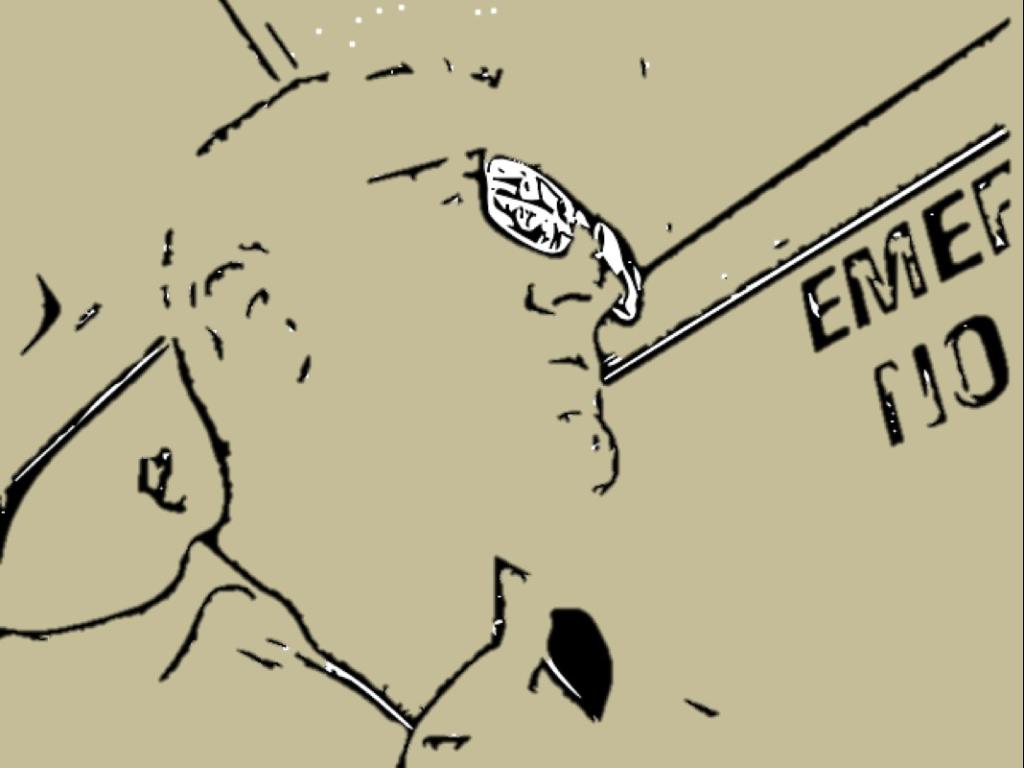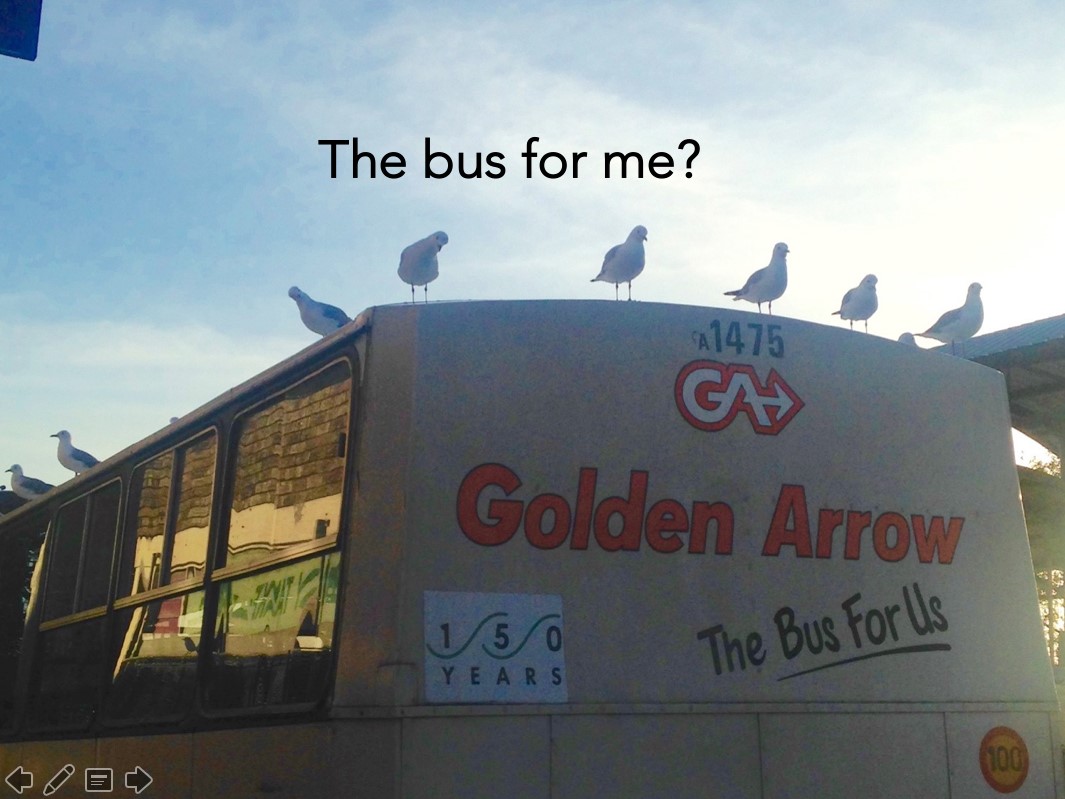Understanding the micropolitics of mobility to mitigate climate change

By Anaïs Marie, ACDI Masters Student, Class of 2016
In a world threatened by the increase of greenhouse gases (especially CO2), that have aggravated climate change, public transportation is seen as a solution to reduce these emissions and therefore to mitigate climate change. In the Global North, taking a bus or a tram is the cheapest and most convenient way to move around as it is very user friendly (the timetables are accessible online, give live updates, and the routes match residential areas, main hubs and work places). As easy and convenient public transportation may seem, convincing the majority to switch from cars to buses or trams is a challenge in many places. Developing environmentally friendly mind-sets is not an easy task.
When it comes to the Global South, one can also think of the practical barriers holding back a change in means of transportation. The lack of public transport, the routes not matching personal itineraries or just the idea that driving your own car gives greater mobility, are challenging the politics of choosing not to drive a car.
Bradley Rink reflected on his 6-month experience of using the South African bus service around Cape Town as a white male, lecturer of profession and living along the upper-middle socio-economic class. His experience explored the micropolitics of mobility with references to race, class and identity. It revealed that the barriers and constraints to popularize the use of public transport is not always a matter of mobility and inequality but comes down to socio-cultural elements and mind-sets. Entitled “Race and the Micropolitics of Mobility: Mobile Autoethnography on a South African Bus Service”, the paper by Rink, a human geographer at the University of the Western Cape, was published in the journal Transfers recently. On Friday, 20 May 2016, Rink presented his thoughts on the social aspects of moving in and through cities of the Global South at the Environmental and Geographical Science Department of UCT.
“Mobile Autoethnography on a South African Bus Service”: what it entails.
Rink explored personal, physical, and political dimensions of mobility from the simple act of taking the bus. The study explores the experience of everyday bus travel and analyses specific mobility strategies, the moorings within the public transport system and the challenges that emerged from his journey. Rink started his reflections from the first comments he received while determining that taking the Golden Arrow bus was the best way to transit to his new place of work. As a white male in South Africa, his travels on buses became a subject of interest of him and for the others. He developed an authoethnographic methodology to investigate the question of mobility and especially of his own mobility.
Social science research is always a political act with political effects. Becoming the centre of his own research and going against the classical political and racialised discourse, Rink acknowledged the political aspects of his enterprise. He went against what society was expecting from him by choosing not to use a car and becoming a bus passenger instead.
The tiny political moments of his daily commute in the bus showed how micro-politics shape our daily lives, even during a single trip on a bus. He took an embodied point of view, analysing how his mobility was relational, how his own body was moving with, in and around the bus while commuting within the city. More than a geographical transport study, this fieldwork contributes to the debate on mobile social sciences through the dimensions of bus travel, including the immobility aspects of such journeys.
From small details to big change
The first step to become a member of the bus-user community is to get a ticket. Getting acquainted with the ticketing system led to discovery of a new set of formal and informal rules that applied inside and outside the bus. The bus-user community was now his new transportation environment and his subject of study, or rather, him interacting with the community of bus users. The question was then to know if the “bus for us” was actually the bus for him.

Picture credit: Bradley Rink
As passengering is eminently political in South Africa, the normative discourse on mobility eventually came back to the matter of race. The perceptions, mindsets and beliefs shaping the normative discourses about public transports in South Africa keep some class and race differentiations alive. People wondered if his car was broken that morning or where his car was parked although he didn’t have a car, for the sole reason of his skin colour and socio-economic status. In a context where GHG emissions reduction are needed, such reflections in Cape Town help to better understand the barriers and impediments for change within the transportation system. It shows how a hierarchal system of mobility and the racialised perceptions carried by it are still alive and vibrant in the Capetonian transport system.
The challenge is to inquire and provoke these “tacit negotiations and intense encounters” in and around the micro-community of the bus to initiate a change towards more friendly and accessible environmental means of transportation. As emphasized by Rink, bus travel is a way to expand one’s engagement with the other roads users but also with the city and its geography. The connections revealed by Rink between power, citizenship, mobility, and race in everyday mobility could be a starting point of discussion to mainstream and popularise the usage of public transport in Cape Town.
Thumnail image credit: Bradley Rink